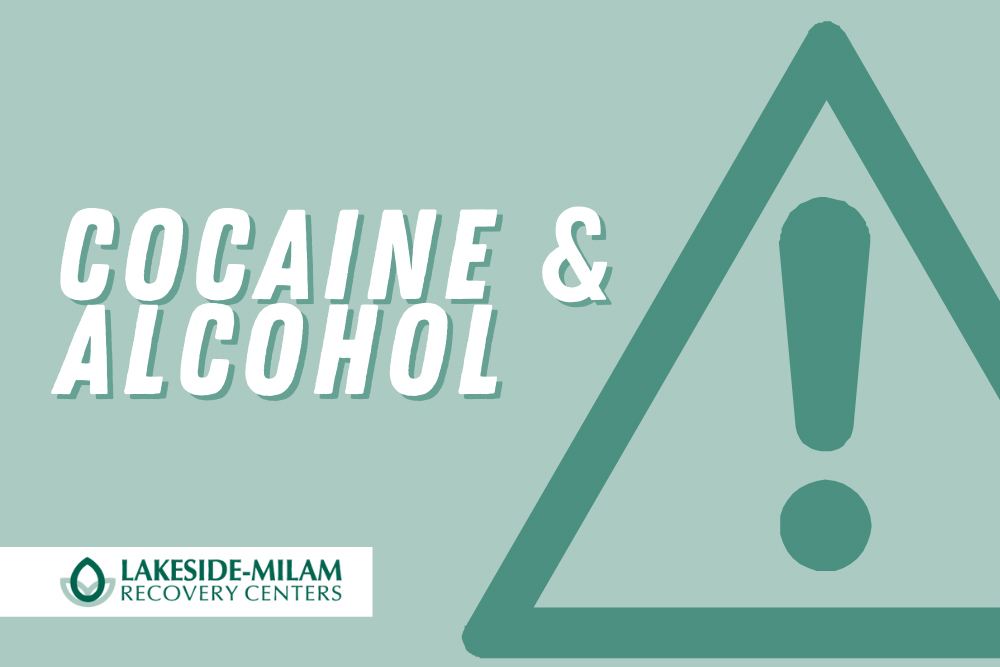Alcohol has a depressant effect that slows down your body and brain messaging, while cocaine is a stimulant that provides an immediate pleasurable sensation and heightened energy levels. Despite their differences, alcohol and cocaine share a similar ability to change thoughts, feelings, and behaviors.
People may use alcohol and cocaine simultaneously in an attempt to enhance their high or to reduce unwanted effects associated with drinking and drug use. However, it’s always dangerous to combine addictive substances because they can interact in unpredictable ways.
The Effects of Cocaine Use
Though alcohol tends to make people feel relaxed and less focused, cocaine has the opposite effect. In addition to having an alert, energetic mood, you may be more talkative than usual and feel compelled to multitask.
Though most people who use cocaine are aware of how risky it is, they may believe the potential harm is a fair trade for the rush of euphoria they experience. However, stimulants affect the brain’s reward pathways in a way that rapidly leads to addiction. As your tolerance builds, you will find it increasingly difficult to experience pleasure when you are not using cocaine.
In addition to psychological changes like paranoia, irritability, and extreme anxiety, long-term cocaine use may also lead to brain damage and cardiovascular problems. A cocaine overdose can cause fatal respiratory failure, a stroke, or a heart attack.
Why Do People Use Cocaine and Alcohol Together?
When your tolerance to alcohol or cocaine progresses, you may find yourself in pursuit of a more powerful high. Because cocaine is a stimulant and alcohol is a depressant, you may think that using them together will make you feel more balanced. Still, remember that addictive drugs work by depriving your brain of its natural equilibrium, so any perceived sense of balance is illusory.
On the surface, cocaine and alcohol seem to cancel out each other’s effects. For example, you may have a dangerously high blood alcohol concentration, yet still be alert and coordinated due to the cocaine in your system. Similarly, alcohol can allow you to take more cocaine without feeling as impaired. The reality is that taking a stimulant and a depressant amplifies the risk of negative effects from both substances.
What Are the Risks of Combining Cocaine and Alcohol?
One of the most significant dangers of combining cocaine and alcohol is that it becomes increasingly difficult to judge how intoxicated you are, which can quickly lead to an overdose. Taking a stimulant with a depressant magnifies the physical and mental health risks of both substances, and can also cause you to harm your loved ones by increasing violent thoughts and impulses.
Using cocaine while drinking causes the liver to synthesize a toxic chemical called cocaethylene. This substance lingers within the body, where it can do long-lasting damage to your liver and immune system. It can also dramatically increase the risk of seizures and death.
Washington’s Leading Accredited Recovery Centers
Combining cocaine and alcohol can make you physically and psychologically dependent on both substances. When you call Lakeside-Milam, you’ll reach a member of our caring admissions team, who can explain how to break the cycle of drug and alcohol abuse. They will answer any questions and help verify your insurance coverage, giving you an understandable pathway to recovery.






